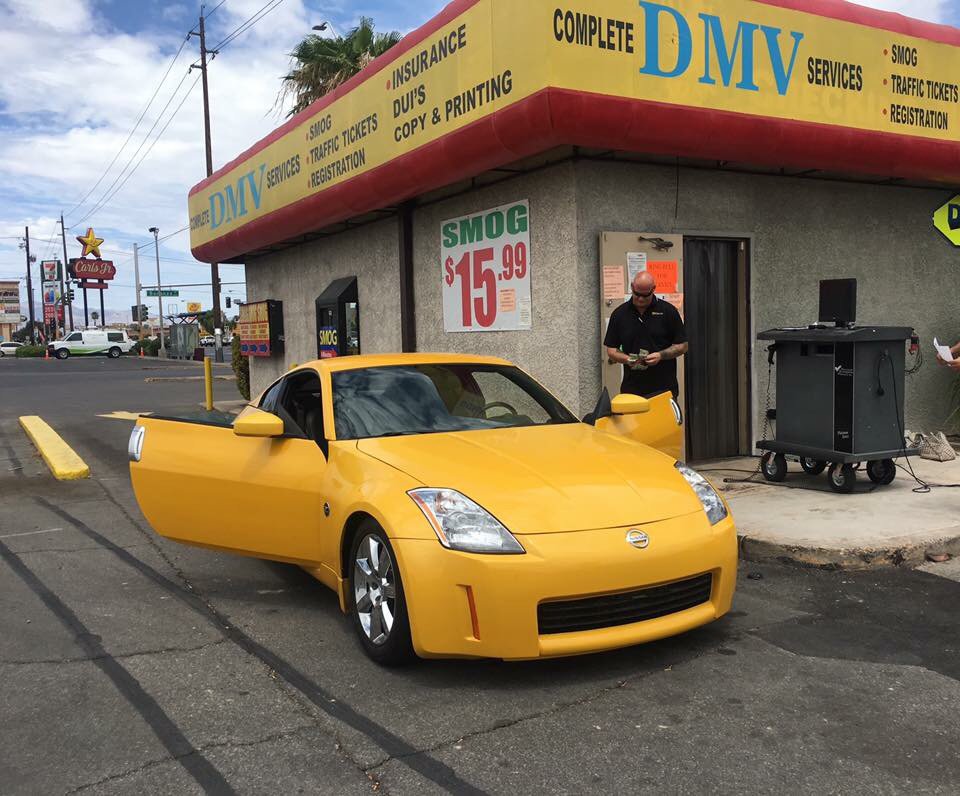
DMV Moving Permit Requirements and Regulations: Simplify the Process and Drive Legally
Moving can be stressful, and navigating the DMV’s rules only adds to the hassle. If you’re moving to or within a state, you might need a temporary moving permit. A moving license permits you to drive an unregistered (or temporarily ineligible) vehicle for a limited time.
What is a Moving Permit?
A moving permit is a short-term registration for vehicles that aren’t fully eligible for standard registration. Common situations where you might need a moving permit include:
Newly purchased vehicles: You need time to complete the registration process.
Vehicles undergoing emissions testing: Your registration may be expired, but you need to drive it for testing.
Moving to a new state: You’re in the process of registering your vehicle in your new home state.
When Do I Need a DMV Moving Permit?
Requirements vary across states, so it’s crucial to always check with your specific DMV. However, here are general situations where you might need a moving permit:
Newly Purchased Vehicle: If you bought a vehicle in a different state, you’ll likely need a permit to drive it back to your home state legally.
Change of Residency: When you move your residency to a new state, many states give you a set period (e.g., 30 days) to register your vehicle in the new location. A moving permit can bridge that gap.
Unconventional Vehicle Registration: Projects like kit cars or restored vehicles often require special inspections. A moving permit allows you to drive the vehicle to obtain the necessary inspections legally.
Nevada Moving Permit Specifics
A 30-day permit is the most common kind of movement permit in Nevada for cars that haven’t been registered with the state yet. What you should know is as follows:
Price: A Nevada relocation permit costs is 8.25 dollar daily for every permit.
Qualification: Your car needs to be in safe working order. You’ll probably require proof of insurance as well as ownership documentation.
Restrictions: When relocating from out of state, movement permits are mainly meant to be used for driving to your new home or to have your car inspected and registered.
Understanding DMV Moving Permit Requirements
Eligibility criteria
To qualify for a DMV Moving Permit, applicants must meet certain eligibility criteria set forth by the DMV. These criteria may vary depending on the state and the type of vehicle being moved. Generally, applicants must provide proof of vehicle ownership and insurance, as well as a valid driver’s license.
Documentation needed
When applying for a DMV Moving Permit, applicants are typically required to submit various documents, including:
- Vehicle Registration
- Proof of insurance
- Valid identification (driver’s license, passport, etc.)
- Proof of address (utility bill, lease agreement, etc.)
How to Apply for a Nevada Moving Permit
Nevada offers two convenient ways to apply for a moving permit:
Step-by-step application process
- Gather required documents: Before applying for a DMV Moving Permit, make sure you have all the necessary documentation, including vehicle registration, proof of insurance, and valid identification.
- Complete the application: Fill out the DMV Moving Permit application form accurately and completely, providing all requested information.
- Apply: Depending on your state’s procedures, you may need to submit the application in person at a DMV office or online through the DMV website.
- Pay necessary costs for getting a DMV Moving Permit. Prepare to pay these fees at the time of application.
- Await approval: After submitting your application, the DMV will review it. If everything is in order, you will be approved for your permission.
- Receive your permit: Upon approval, the DMV will issue your DMV Moving Permit, either electronically or in paper form.
Benefits of a Moving Permit
Legal driving: Steer clear of fines and tickets for operating an unregistered car.
Flexibility: Allow enough time to move your car or finish the registration process.
Cost-effectiveness: Nevada moving permits are really cheap.
Important Considerations
States have different regulations: Recognize the particular laws in the state or states you are relocating to.
Prepare: To prevent last-minute problems, apply for your relocation permit well in advance of when you need it.
Prepare the necessary paperwork: Obtain insurance, ownership documentation, and any other necessary paperwork in advance.
Conclusion
Understanding moving permit requirements is crucial for a stress-free move. Knowing the regulations and applying in advance will ensure you drive legally and avoid potential fines or complications. Check your state DMV website for the most up-to-date information and requirements.
FAQs
Q: Can I renew my moving permit?
A: In Nevada, generally, no. You can purchase multiple permits, but the total permitted days are limited.
Q: Do I need a moving permit if I’m moving within the same state?
A: Possibly. If your registration is expired and you need to drive to an emissions testing centre or for other similar reasons, a moving permit might be necessary.
Q: Can I drive across state lines with a moving permit?
A: It depends. Check the regulations of the specific states involved, as some may not recognize another state’s moving permit.

 ICONIER Digital Agency
ICONIER Digital Agency
Recent Comments